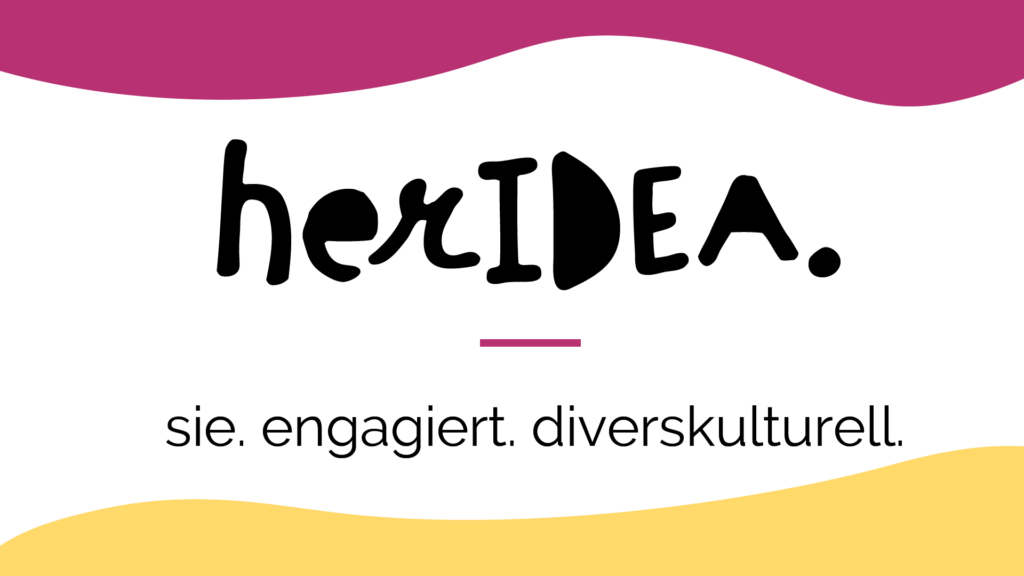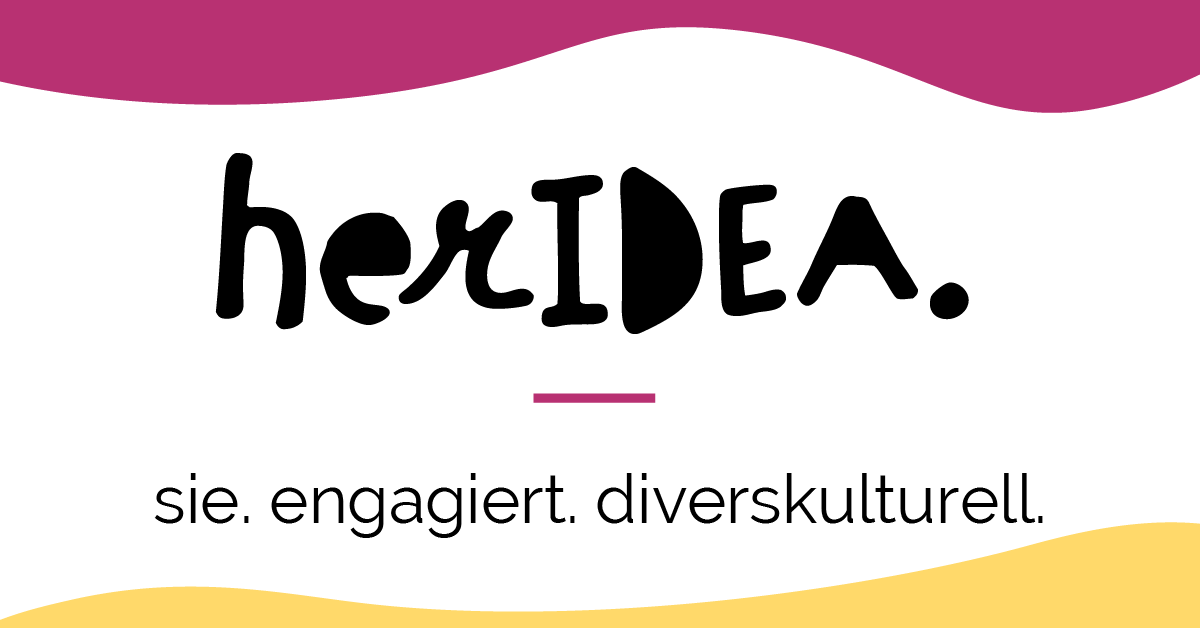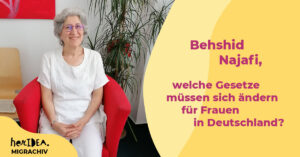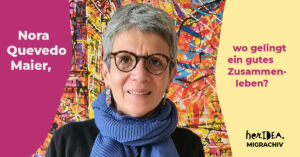„I think, that's where we start victim blaming. Like the victim here would be yourself, or myself, and you would start thinking: ,Oh maybe, if I go out that late, someone will harass me.' I try to break from that. I used to have that a lot back home, like I shouldn't go out at a certain time. But I don't think, it matters at all. I think, that could happen, even in daylight.“
Amina Said was 18, when the Tunisian Revolution of 2011 and the Arab Spring began. Then, Amina was part of the protest movement against the authoritarian regime. There, as a student, she also was involved in university politics back in Tunisia.
Amina Said graduated in Tunisia as Bachelor of Computer Science. When she came to Germany in 2016, she started working as an AuPair for one year. After that, Amina did a voluntary social year, which is called Freiwilligendienst in Germany. Now, she studies Gender and Diversity. To finance her studies, she works as a social media content moderator in an outsourcing company. Amina is particularly interested in affairs of Gender Violence. She describes herself as a feminist.
„I hope, there will be more harmony between people, and just be accepting of each other. Like from any side, from every side. I just hope that, regardless of differences.“
Podcast herIDEA - sie, engagiert, diverskulturell

Im Podcast „herIDEA – sie, engagiert, diverskulturell“ erzählen Migrantinnen ihre Geschichten in der Reihe MIGRACHIV.
Abonniere herIDEA auf den gängigen Podcast-Plattformen: Spotify | Deezer | Apple Podcast
Das Forschungsprojekt IDEA – Inklusives Digitales Erinnerungsarchiv – ist ein Oral History-Projekt von und mit gesellschaftlich engagierten Frauen mit internationaler Geschichte. Sie setzen sich ein für mehr Sichtbarkeit, Teilhabe und Chancengerechtigkeit.




